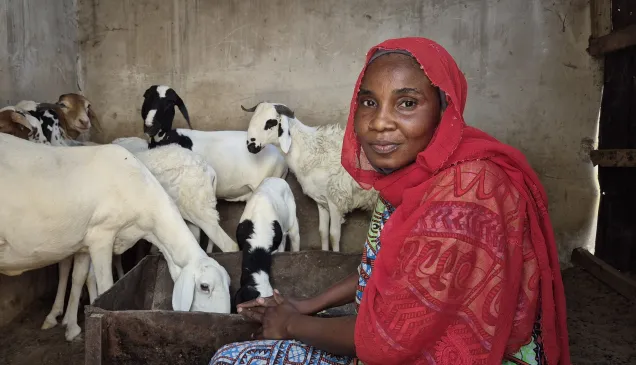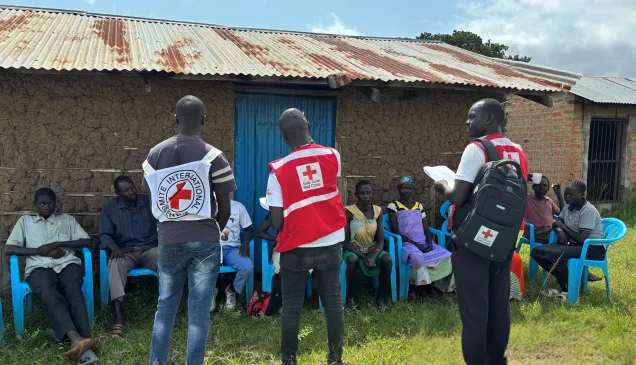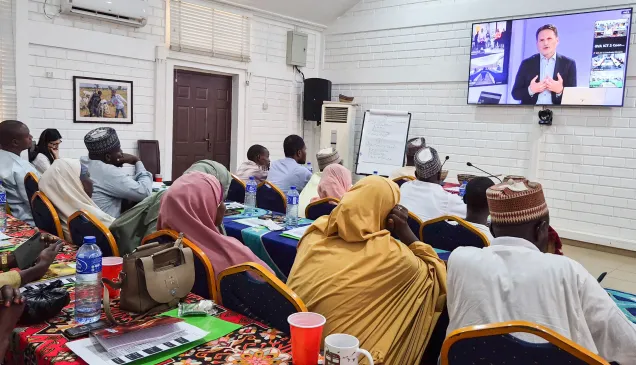Nigeria: A new mass fatality response plan promises dignity for the dead and hope for the living
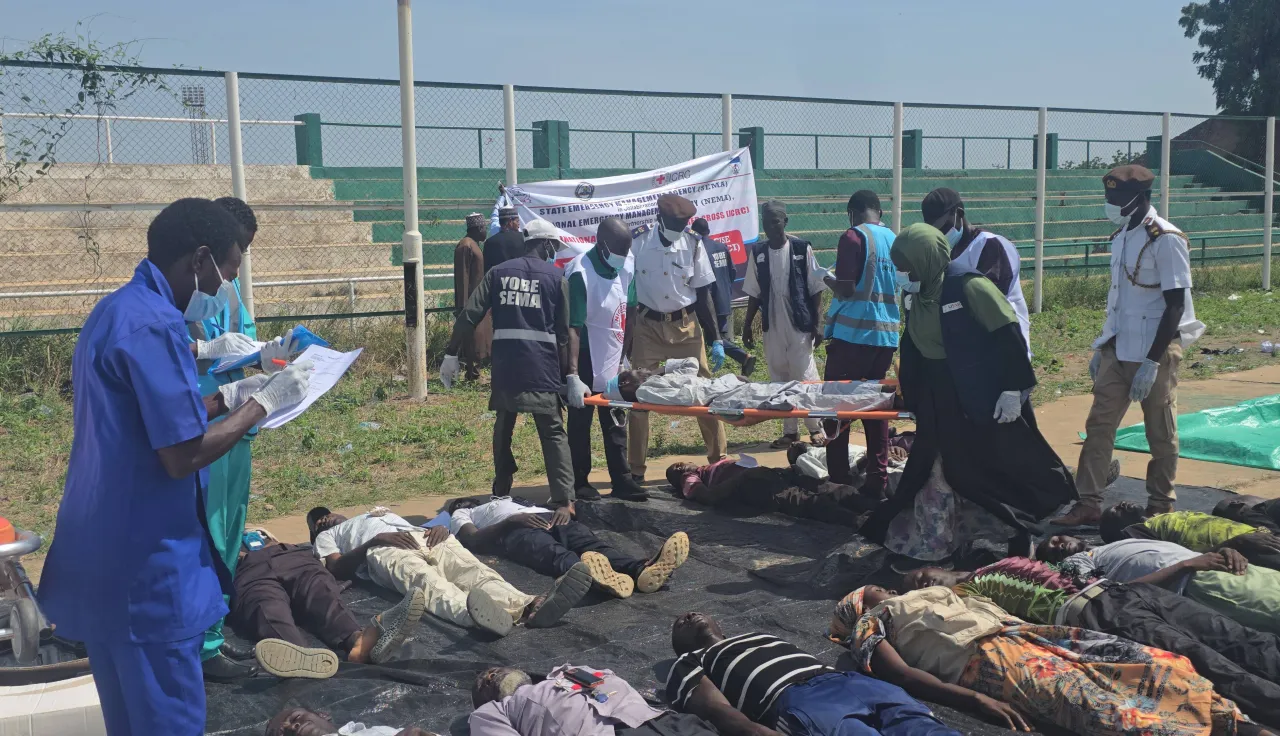
In the last 15 years, Nigeria has witnessed horrendous humanitarian consequences of armed conflict, and in addition, faces recurring violence and disasters like devastating floods, road accidents and other emergencies, often resulting in mass casualty incidents.
The challenge of caring for the dead and accounting for the missing, remains one of country’s most pressing humanitarian concerns.
The International Committee of the Red Cross (ICRC) currently has over 23,000 cases of missing persons in the country documented, while local authorities report countless burials of unidentified victims of violence. Without coordinated and dignified fatality management, families and communities are left in painful uncertainty.
The introduction of the new National Mass Fatality Response Plan (NMFRP) aims to change this reality, by ensuring dignity for the dead and providing hope for the living. In September, Yobe became the first state in the country to pilot the NMFRP, a framework designed to ensure that when disasters happen, the response is coordinated, dignified, and centered on preventing people from going missing.
The pilot was implemented in September with the support of the ICRC and led by the Yobe State Emergency Management Agency (SEMA) and the National Emergency Management Agency (NEMA). It included training sessions for first responders and authorities, coordination meetings with federal and state stakeholders, and a full-scale simulation exercise in Damaturu.
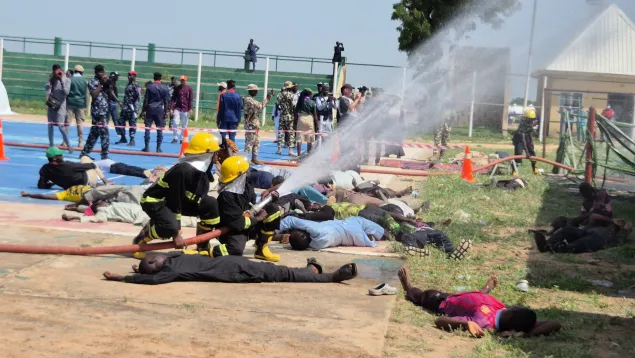
Men of the Emergency Management Agency (SEMA) and the National Emergency Management Agency (NEMA) with the support of the International Committee of the Red Cross (ICRC) participate in a Mass Casualty Response Simulation exercise in Damaturu, the capital of Yobe State in northeastern Nigeria.
The simulation replicated the aftermath of a fuel tanker explosion, tested the readiness and response by authorities while under pressure. More than 250 participants, including law enforcement, health workers, forensic specialists, emergency responders, and humanitarian partners, collaborated to demonstrate how coordinated action can preserve the dignity of the dead, prevent new cases of missing persons, and reduce the devastating impact on families and communities.
Formally launched in May 2025 with the ICRC’s technical support, the NMFRP sets out clear procedures for the search, recovery, identification, documentation, storage, and burial of the dead, as well as providing effective communication channels with families affected. By operationalizing the plan, the pilot aimed to strengthen preparedness and coordination among multiple actors.
“Strengthening these mechanisms is critical to preventing disappearances and ensuring the dignity of victims and their families” said Rashid Hasan, ICRC Head of Sub-delegation in Damaturu.

